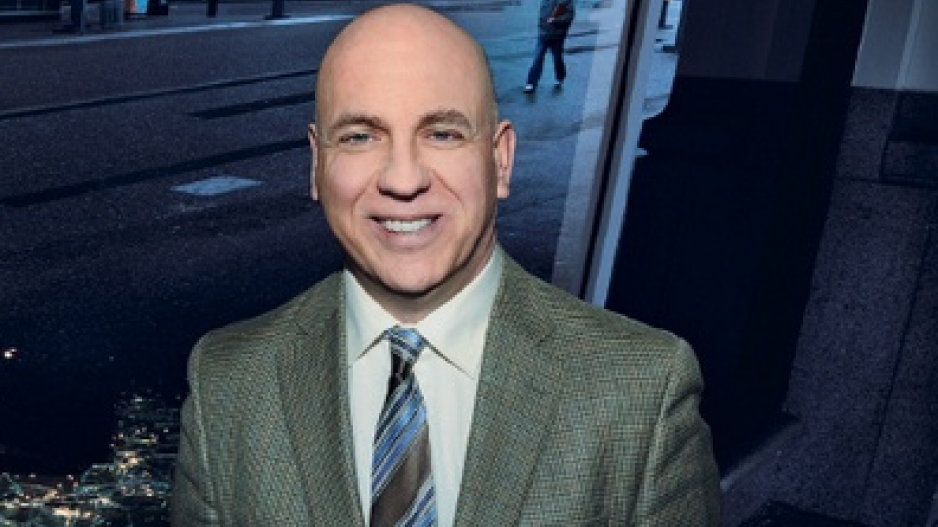When Vancouver city council created the Downtown Vancouver Business Improvement Association (DVBIA) 25 years ago, on February 19, the intent was deter crime, keep the city clean and basically improve both the business climate and livability downtown.
On all those fronts, the initiative, which now costs taxpayers $2.5 million annually, appears to be a good investment.
Squished between the West End BIA, the Robson Street BIA, the Gastown BIA and the Yaletown BIA, the DVBIA covers 90 blocks of the downtown peninsula and is funded through a tax on commercial property.
Only two BIAs existed in Vancouver when the DVBIA was founded: in Gastown and in Mount Pleasant. Today, there are 22 in the city of Vancouver and 75 provincewide.
And while the DVBIA can tout major successes, such as advocating to host the 2010 Winter Olympic Games and revitalizing Granville Street, it also tackles initiatives that other business improvement associations around the world do not focus on.
“One of the big differentiators between us and other BIAs is our loss prevention program,” DVBIA CEO Charles Gauthier told Business in Vancouver.
“The only other BIA that has started doing it in the past year has been South Granville BIA. Robson Street BIA does it a bit but, on the international scene, I’m not aware of anyone doing this.
Gauthier’s organization contracts six Securiguard workers to roam the downtown core, go in shops and try to detect shoplifters. That work leads to about 500 arrests each year and hundreds of thousands of dollars worth of rescued merchandise, Gauthier said.
The DVBIA also contracts Securiguard to provide up to 12 city ambassadors, whose main role is to interact with the DVBIA’s 8,000 members and provide directions and other tips to tourists.
A separate contracted-out “clean team” picks up litter and power-washes sidewalks, which is something that the City of Vancouver does not do, Gauthier said.
Commercial property owners fund the six-employee organization by paying what Gauthier estimates to be about $0.05 per square foot per year. The City of Vancouver collects the tax and distributes it. It also requires BIAs to annually submit audited financial statements.
DVBIA surveys show that when people come downtown for a reason other than work, it tends to be, in order, for entertainment, dining, then shopping.
So, that has spurred the DVBIA to spend about $200,000 annually to help sponsor events, such as the TD Vancouver International Jazz Festival, the BMO Vancouver Marathon and various film festivals.
“The downtown Vancouver brand is strong, based on surveys we’ve done,” Gauthier said.
He then rattled off statistics that show that there is:
•a 19% increase in the positive overall perception of downtown Vancouver since 2008;
•a 15% increase in those who feel safe downtown since 1997; and,
•a 17% decrease in private automobile use to get downtown since 1991.
“People feel safe downtown,” he said. “Downtown is the place to be. It’s a destination. To a large extent, we’re stewards of the brand.”




